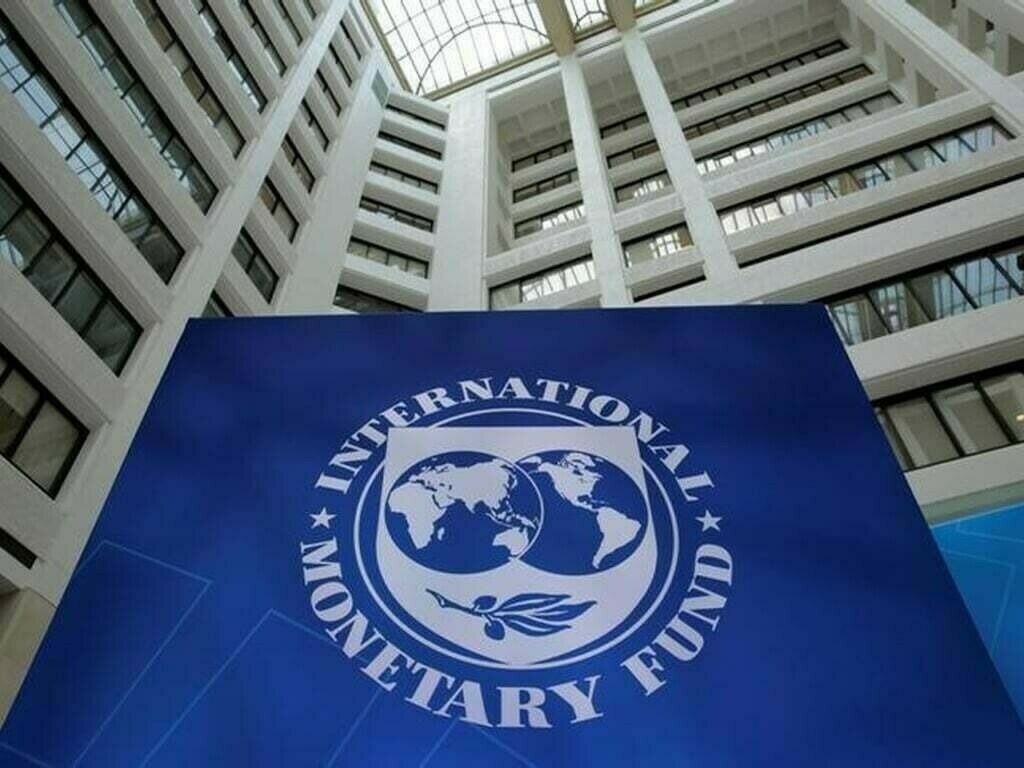Argentina Parliament approves IMF deal for $45 billion debt
After falling into an economic slump, Argentina slowly grows out of inflation and a high poverty rate.
-

ArgentinaPparliament approves the IMF deal for $45 billion in debt.
Argentina's Senate gave final approval on Thursday to a deal with the International Monetary Fund that restructures a $45 billion debt, clearing the country's short-term financial horizon but leaving a significant inflationary burden.
The late-night vote approves a new credit program hammered out by Argentine politicians and IMF personnel as they sought to complete the debt, the legacy of a huge loan negotiated in 2018 by former President Mauricio Macri's government.
Several hundred people demonstrated outside the Senate, summoned by unions and leftist organizations to oppose the reform.
Last week, the accord was approved by the Chamber of Deputies with broad support from both the ruling coalition's center-left and the opposition's center-right, a rare occurrence in Argentina.
Faced with the prospect of a disastrous payment default if the agreement was not accepted, the Senate easily approved it by a vote of 56 to 13, with three abstentions.
"It is the responsibility of our government to build certainty in a context of uncertainty," Economic Minister Martin Guzman, chief architect of the agreement with the IMF, said in defending the package before senators.
Argentina and the fund agreed on a set of macroeconomic measures to contain the country's chronic inflation (50.9% in 2021) and lower the country's budget deficit, which was 3% of GDP last year until it is balanced in 2025.
Under the agreement, the IMF will monitor Argentina's progress regularly.
The IMF authorized Argentina's largest-ever loan of $57 billion in 2018, under the government of center-right Macri. Of that total, the country received $44 billion.
Alberto Fernandez, Macri's successor, refused to take the remainder and sought to renegotiate repayment terms. Payments of $19 billion and $20 billion were due this year, a deadline considered unattainable by the administration.
Argentina is only now emerging from a three-year economic slump, battling increasing inflation and a high poverty rate.
After a grace period, repayments will be required from 2026 through 2034 under the new agreement.

 2 Min Read
2 Min Read








